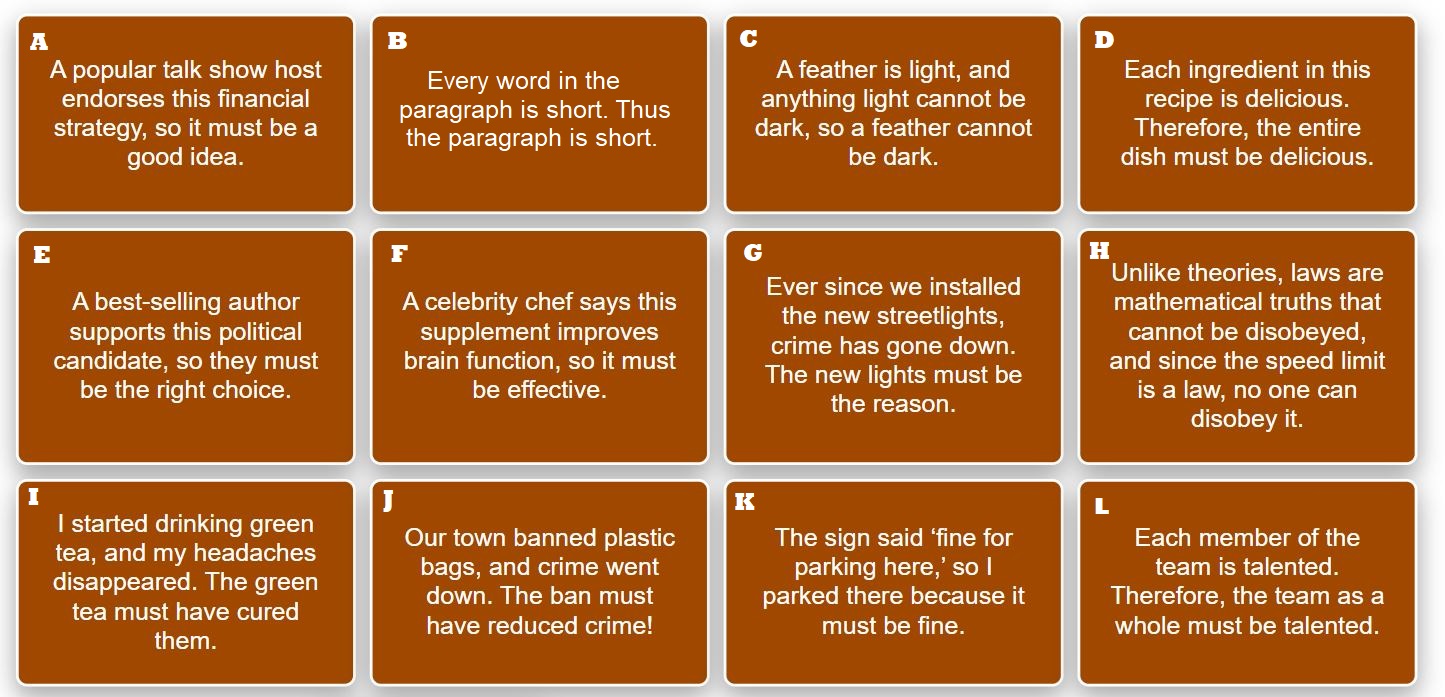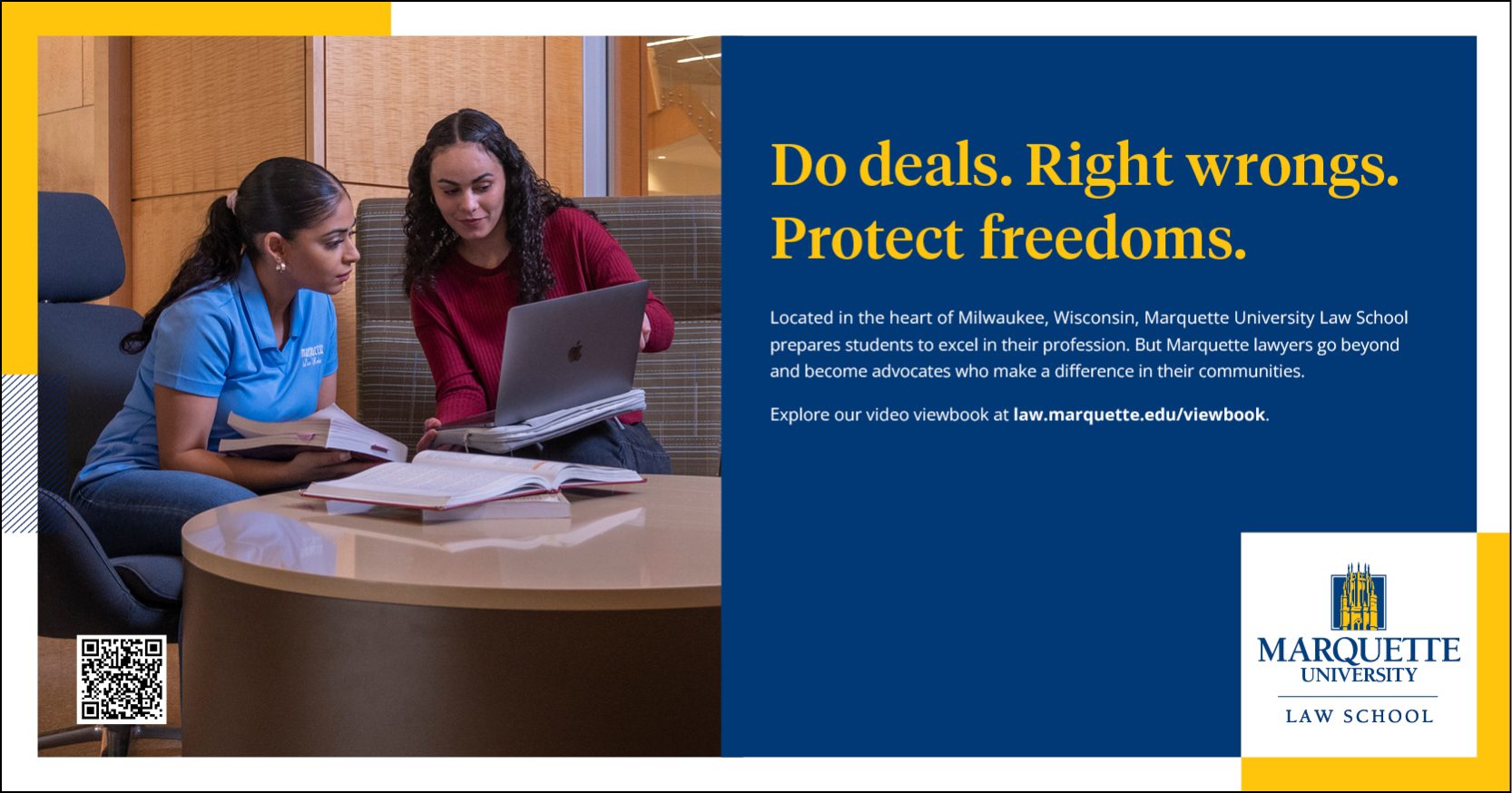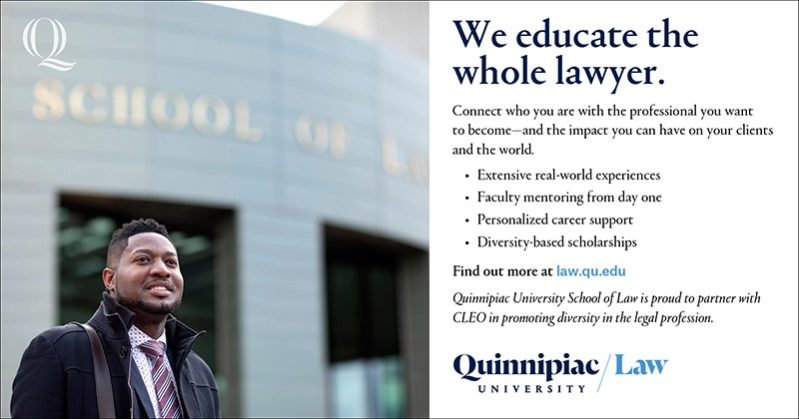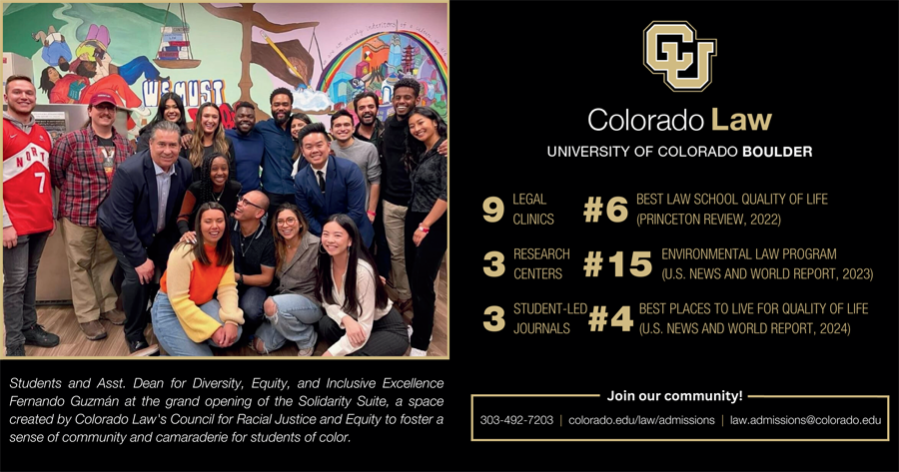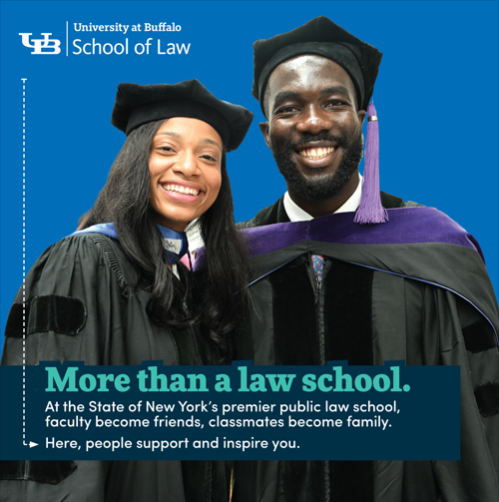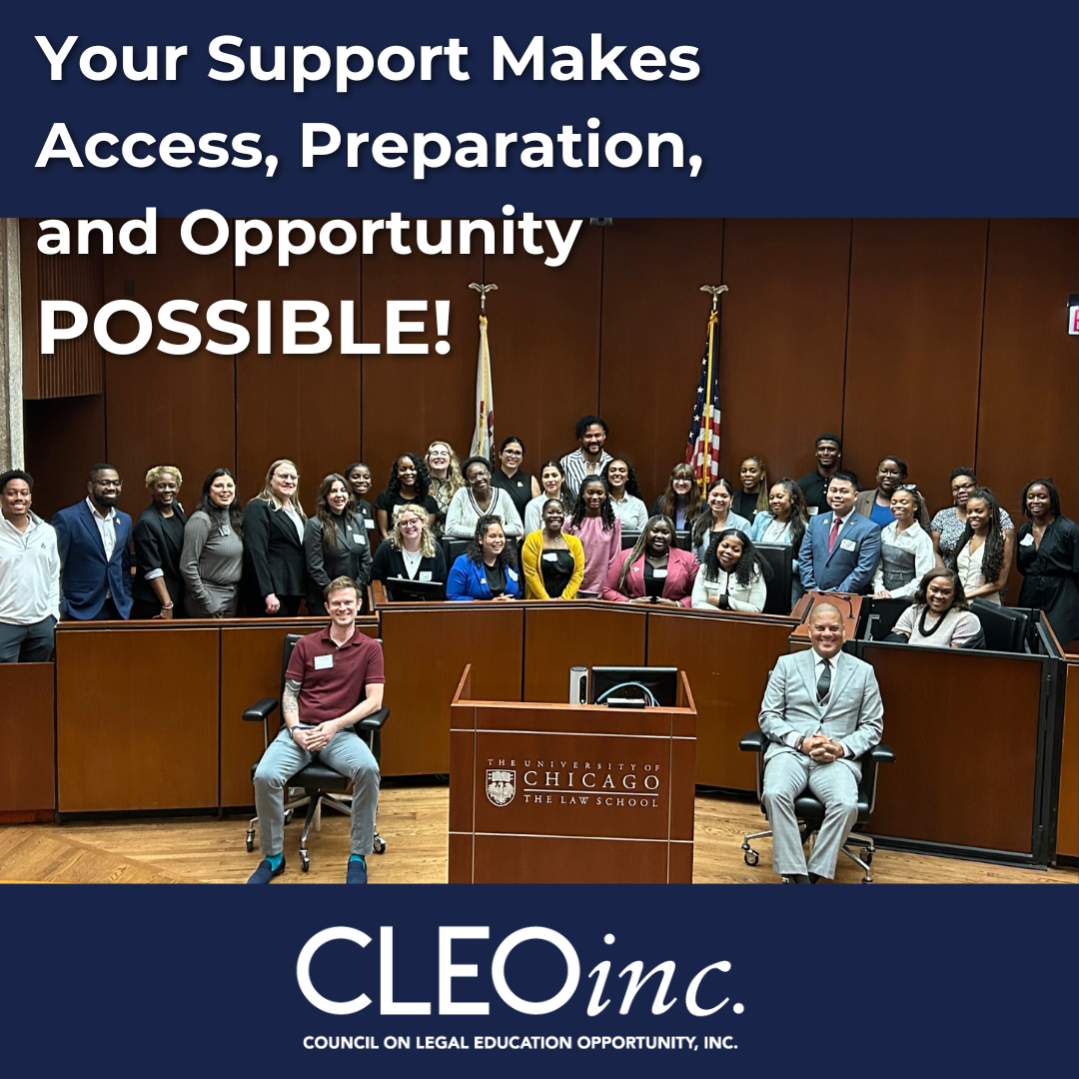
March, 2025 – Issue 16
Welcome to The CLEO JD Report. We will share tips on how to prepare for and succeed in law school, provide legal profession insights from our CLEO alumni, and spotlight our Partners-In-Law law schools that are making a commitment to access for all students.
The Council on Legal Education Opportunity, Inc. (CLEO): is a 501(c)(3) national non-profit organization that was founded in 1968. Through CLEO’s educational programs, CLEO works to expand access and opportunities for all aspiring students to attend and succeed in law school. CLEO serves students of all identities and backgrounds. More than 32,000 students have participated in CLEO’s programs and joined the legal profession.







CLEO Lynda Cevallos, CLEO VP of Academic Affairs, shares highlights from the recent CLEO Scholars programs.
A special thank you to the University of Arizona James E. Rogers College of Law, and University of Richmond School of law for hosting the March CLEO Scholars programs and providing all of our students with an exceptional and welcoming experience!

Zenani Johnson, 1L
FAMU College of Law
CLEO PLSI Alumna (2024)
CLEO Summer Programs - Enrollment Open Now!

By Bernie Chimner, Co-Founder & LSAT Instructor, GriffonPrep (www.GriffonPrep.com)
Get better at LSAT logical reasoning questions by studying common logical fallacies! The grid above has twelve arguments that illustrate four common logical fallacies. Each logical fallacy is illustrated by three arguments. Can you identify which arguments illustrate each logical fallacy?
Fallacies:
- Appeal to celebrity opinion.
- Equivocating with respect to a central term.
- Assuming causality from a series of events that may be coincidence.
- Assuming a whole will automatically share the properties of each part.
1: A, E, F
2: C, H, K
3: G, I, J
4: B, D, L

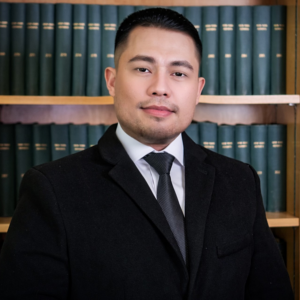
Read Secrets of a Pre-Law Student’s success & how CLEO can help YOU!
Tony Christian
Graduated overseas from the
Vietnam National University in 2009
Q1. How did you find out about CLEO?
I learned about CLEO through one of my LinkedIn connections, whom I met at other Pre-Law events. They shared how CLEO programs had a profound impact on their preparation for law school and career as a minority and first-generation law student.
Q2. When did you realize you wanted to attend law school?
I’ve always been fascinated by the law in the natural world and human society. After graduating with my MBA in 2019, the onset of COVID-19 and the social unrest surrounding the 2020 presidential election deepened my resolve to pursue a legal career as a way to create positive change in underrepresented communities.
Q3. What did you learn during the CLEO program you attended?
The CLEO Achieving Success in the Application Process (ASAP) program was an incredible opportunity to meet law school admissions teams in person and gain direct insights into the application process. I also valued the chance to network with other aspiring law students, exchanging ideas and building connections with peers who share similar goals. This collaborative environment helped me feel supported and motivated as I prepared to apply to law school.
Q4. How has the CLEO program influenced your preparation for law school?
The CLEO ASAP program gave me in-depth insights and practical tips from admissions deans, which helped me strengthen my law school applications. While I had already submitted applications to some schools, the advice I received during the program allowed me to create a more well-rounded and competitive application for other law schools I applied to afterward.
The program’s guidance gave me greater confidence in presenting my strengths as a first-generation law student.
Q5. Select one of the CLEO programs you attended. What portion of that program was most beneficial to you and why?
The workshops during the CLEO ASAP program were the most beneficial for me, particularly those focused on enhancing personal statement writing and financial management in law school. The guidance on crafting a compelling and authentic personal statement gave me the tools to better convey my story as a first-generation law student, while the financial management advice helped me prepare for the practical challenges of funding my legal education.
Q6. Do you plan to attend any future CLEO events?
Yes, I plan to attend CLEO’s future networking events and workshops, such as CLEO Connection. I look forward to CLEO alumni reunion in future.
Q7. Do you have any advice for other aspiring lawyers?
My advice to aspiring lawyers is to embrace challenges as opportunities to grow. Stay disciplined in your preparation, build a strong support network, and don’t hesitate to seek guidance from mentors or peers.
Pre-Law programs like CLEO can provide essential resources and encouragement along the way, which will be an important factor in your application to convince the admissions team you’re geared up to set yourself up for success in law school.
Q8. Do you have any additional comments about CLEO?
CLEO is more than just a preparatory program – it is a community that supports and uplifts future lawyers from underrepresented backgrounds. I deeply appreciate its commitment to assisting prospective students in the legal profession and am proud to have been part of its mission.

Amber Jackson - CLEO’s Pre-Law Summer Institute (PLSI)
The March 2025, CLEO Alumni Spotlight is on Amber Jackson, Esq., 2009 PLSI (Pre-Law Summer Institute), Associate General Counsel, Office of Government & Legal Affairs at DC Water.

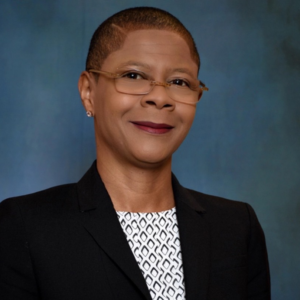
Maximizing Your Pre-Law Advisor
By Dr. La Tanya Skiffer, Ph.D., Esq. (CA, WA), Professor of Criminology & Sociology
Pre-Law Advisor CSUDH
California State University, Dominguez Hills
Let’s discuss the impact of virtual advising
Here are some pros and cons of virtual advising to inform Pre-Law advisors and advisees.
PROS
Accessibility and Inclusivity. One of the chief benefits of virtual Pre-Law advising is that it can make law school support accessible and inclusive for students with disabilities. Through virtual tours, advisors can share resources more efficiently. Advisees can access advising from anywhere. This is particularly important for first-generation undergraduate students, who are significantly more likely to underutilize academic advising services.
Convenience. Due to commitments like work and family, many prospective law students may be unable to commute to campus for Pre-Law advising. Virtual Pre-Law advising offers the additional benefit of no travel required to address this necessary time investment in the process. Therefore, students with caregiving responsibilities or intense work schedules may receive these services virtually that they would not otherwise receive.
Lower Cost. Many students become overwhelmed with the law school application and admissions process and may simply give up. Virtual Pre-Law advising can fill part of this gap by allowing for early intervention and mentorship, multiple advising sessions, and an ongoing relationship with a professional Pre-Law advisor. This improves a student’s chances of admission to law school without the higher costs of repeated visits to campus associated with missing work, parking fees on campus, gas for commuting, or navigating public transportation.
Flexibility. Virtual Pre-Law advising empowers advisees to schedule sessions at their convenience, providing them with control over their learning process. This flexibility allows for sessions to be held before work, during breaks, lunch, evenings, and weekends, catering to the diverse schedules of students.
Scalability. Virtual Pre-Law advising can be scaled up or down as demand increases or decreases to meet the needs of individuals, small groups, or large groups.
CONS
Isolation and Loneliness. While virtual Pre-Law advising is just one of many online services universities offer today, it misses that human connection of in-person conversation. This is important because 65% of college students feel isolated and lonely on campus (Inside higher ed May 23, 2024 https://tinyurl.com/538dp8ay).
Research shows that human interaction is essential to our well-being and emotional development.
Collegiate Experience Collegiality. Virtual Pre-Law advising cannot replace the experience of being on campus in the hustle and bustle of things that make you feel like you are a real college student. Likewise, the additional benefits gained from going to campus, such as greater access to facilities (the library, computer labs, cultural affinity clubs, and the university bookstore) and increased social interaction with peers and professors, cannot be duplicated in a virtual space.
Digital Divide: Students who struggle with broadband and Internet access lack the equipment to engage in virtual Pre-Law advising sessions. Even with smartphones, students face disadvantages due to the difficulty of reading websites and documents on a tiny 6-inch screen compared to a laptop or desktop computer.
Higher Cost. Pre-Law school financial investments can make or break an applicant by creating unnecessary barriers to Pre-Law advising resources. Attending in-person Pre-Law advising has a higher cost associated with missing work, parking fees on campus, and gas for commuting or navigating public transportation. Likewise, producing handouts, brochures, and flyers for advising sessions has a higher cost since it is impractical to review these materials in a small office on one desktop computer.
Scalability. It is difficult to scale up face-to-face Pre-Law advising on most campuses, as space is tight and limited.
CHOOSING WHAT WORKS BEST FOR YOU
When exploring Pre-Law advising options, consider your learning style:
– **Visual**: learn by seeing = Virtual.
– **Auditory**: learn by hearing = Virtual.
– **Reading/writing learner**: learn by research, reading, writing = In-person.
– **Kinesthetic**: learn by doing and moving = In-person.
Additionally, consider your communication preferences and your access to and comfort level with technology. Regardless of your learning style, all students should meet with your Pre-Law advisor early and frequently.

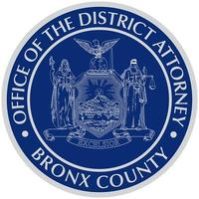
By joining the Bronx District Attorney’s Office, led by District Attorney Darcel D. Clark, you will be part of our mission to “Pursue Justice with Integrity” and achieve a safer Bronx through fair Justice.

Baker Botts is an international law firm whose lawyers practice throughout a network of offices around the globe. Based on our experience and knowledge of our clients’ industries, we are recognized as a leading firm in the energy, technology and life sciences sectors.

Marquette University
Law School
Do deals. Right wrongs. Protect Freedoms.
Marquette Law School hosts a series for JD students examining the impact of race on doctrinal 1L courses and legal practice areas (e.g. Contracts, Criminal Law, and Constitutional Law). The Law School participates in the State Bar of Wisconsin’s Diversity Clerkship Program, an initiative that places students in full-time summer employment in private law firms, corporate legal departments, and governmental agencies. The annual Marquette Lawyer/Student Diversity Reception is an invaluable networking opportunity for law students (and prospective students) to connect with diverse alumni and other members of the Wisconsin bar and bench. The Law School co-sponsors the annual Wisconsin Statewide Pre-Law Diversity Conference & Law Fair.
Visit Marquette UniversityQuinnipiac University School of Law
Embraces Diversity, Equity, And Inclusion
At Quinnipiac Law, our mission is to create a diverse and inclusive community where every member is acknowledged, respected, and has the necessary resources to thrive, both individually and together. We incorporate inclusive excellence in everything we do to create a globally engaged, culturally rich and highly collaborative campus. Our policies and programs celebrate differences as sources of strength and empower everyone to embrace who they are and share their experiences, customs and beliefs. Our goal is to foster conversation, exposure and engagement with all people, thoughts, and ideas — from all corners of the world.
Visit Quinnipiac LawColorado Law
University of Colorado Boulder
Colorado Law is strongly committed to Inclusiveness and Diversity
The institution works to "provide a supportive and diverse educational and scholarly community in a place that inspires vigorous pursuit of ideas, critical analysis, contemplation, and civic engagement in order to advance knowledge about the law in an open, just society". Through cultivating work opportunities and engaging in legal community initiatives, Colorado Law is demonstrating its dedication to a consistent and meaningful journey towards inclusivity and justice.
Visit Colorado LawUniversity at Buffalo
School of Law

CLEO, Inc. is proud to include many of the nation's premier law schools in our Consortium on Legal Education.
PARTNER LAW SCHOOLS
Marquette University Law School
University of Colorado Law School
The University of Mississippi School of Law
University of New Hampshire School of Law
Quinnipiac University School of Law
Vermont Law and Graduate School
Washburn University School of Law
SUPPORTING LAW SCHOOLS
University at Buffalo School of Law
SUSTAINING LAW SCHOOLS
Boston College of Law
Mitchell Hamline School of Law
New York University School of Law
Southern Illinois University School of Law
CLEO TEAM MEMBERS
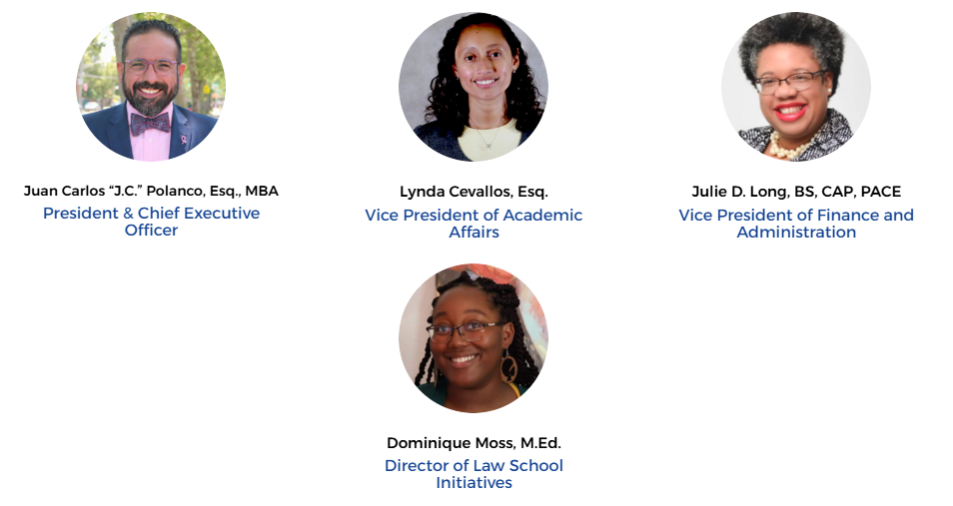
CLEO BOARD OF DIRECTORS
Samantha Ahuja
Greenberg Traurig
Elizabeth A. Campbell (Chair)
Beebe Healthcare
Malcolm L. Morris
Dean Emeritus and Professor of Law
Pamela V. Rothenberg
Womble Bond Dickinson (US) LLP
Eduardo Reyes Chávez
Littler Mendelson P.C.
Darryl L. Franklin
HMS Host
Rachel Okolski
Association of Corporate Counsel
Brandy Smith
Lincoln Financial Group
Angela Birch Cox
Houston Habitat For Humanity, Inc. (Ret.)
Jennifer Jones
Goulston & Storrs P.C.
Yaneris M. Rosa
World Wrestling Entertainment (WWE)
CLEO ADVISORY COUNCIL
Captain Aldavina Dos Santos
United States Army (JAG Corps)
Jodi Morales
The Law Office of Jodi Morales
New York City Board of Elections
Jacqueline Williams
Law Offices of Jacqueline Williams
Veronica N. Dunlap
ACLU of Maryland
The Honorable Denise Owens
Fifth Chancery Court Mississippi (Ret.)
India Sneed-Williams
IQEQ Law, PLLC
Jeremy A. Garcia
Empire State Development
Leslie Nettleford-Freeman
Georgetown University Law Center
Did you know that your contribution directly helps a student achieve their dream of attending law school?
Each donation you make paves the way for student success. Together, we can empower a new generation of trailblazers!
Visit our DONATE page to see what your gift can do for the future of a student!

